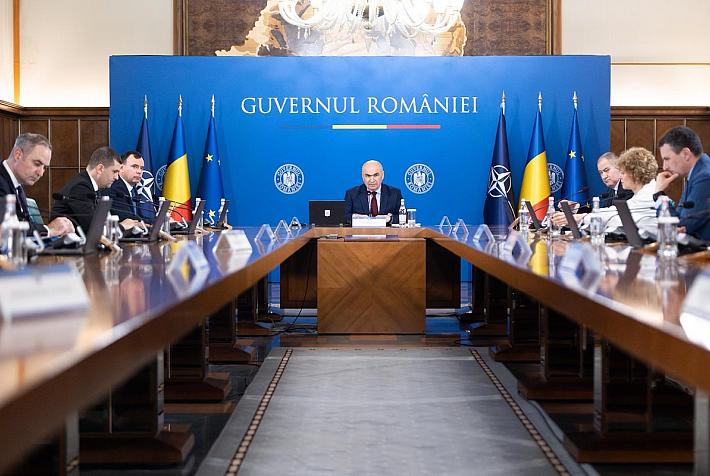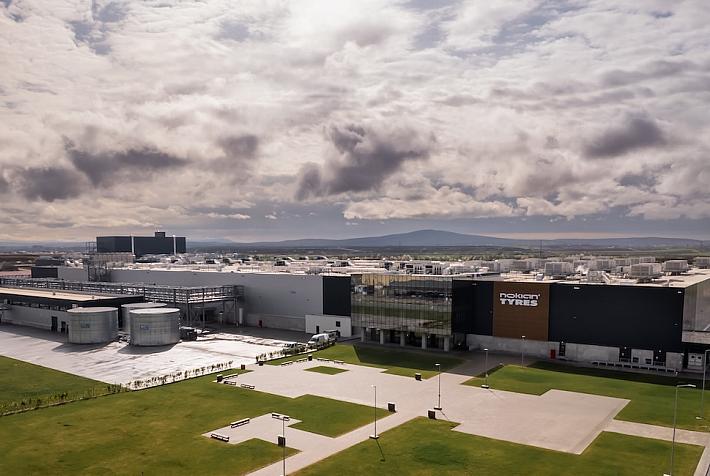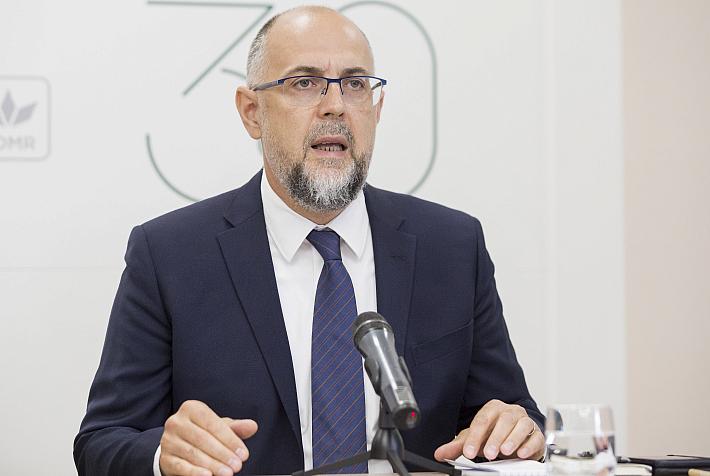Culture and science move Romania up in Good Country Index, but below Botswana, Uganda in overall results

A recent index of Good Countries around the world has Romania ranking mid-way, below Botswana, Tanzania, Uganda, and neighboring Republic of Moldova, but culture and science and technologies place Romania higher up in the ranking. The index tries to measure how much each country on earth contributes to the planet and to the human race.
The index, created by policy adviser Simon Anholt, ranks 125 countries in the world on several criteria: science and technology, culture, international peace and security, world order, planet and climate, prosperity and equality, and health and wellbeing.
The ranking is dominated by Ireland, followed by Finland and Switzerland. The Top 10 is completed by the Netherlands, New Zealand, Sweden, UK, Norway, Denmark and Belgium.
Best ranked in the Central and Eastern European region is Romania’s neighbor Bulgaria, at number 32nd. Then comes Estonia at 34th, Slovakia at 42nd, the Czech Republic on the 43rd position, Croatia at number 46. Poland comes 52nd, the Republic of Moldova has the 60th position, Hungary is 61st, and Serbia, 62nd.
Romania only comes 65th, but still fared better than Mexico, Morocco, Egypt, Lithuania and Bosnia & Herzegovina, which occupy the next positions.
Romania’s stronger point is culture – which places the country 29th among the 125 in the ranking. The culture indicator covers the export of creative goods and services, freedom of movement, and press freedom. The country also ranks high for science and technology – the 48th position, given for international students, journal exports, Nobel prizes and patents. On World Order, Romania came 53rd, with charity giving, refugees hosted and generated, population growth and UN Treaties signed as main indicators. Romania’s worst position was for Prosperity and Equality – at number 114, for open trading, UN volunteers abroad, fairtrade market size, foreign direct investments outflows, and development assistance. The full ranking can be found here.
The Good Country Index isn’t interested in how well countries are doing, it’s interested in how much they are doing, according to its creators. They have used 35 datasets which track the way that most countries on earth behave: there are five of these in each of seven categories, covering the big issues like education, science, war and peace, trade, culture, health, censorship, the environment, freedom, among others. Most of these datasets are produced by the United Nations and other international agencies, and a few by NGOs and other organizations.
For most indicators, each country’s score in the Good Country Index is divided by its Gross Domestic Product (GDP) so that smaller and poorer countries aren’t unduly penalized in the ranking for their limited ability to ‘make a difference’ in the world. More about the methodology for this ranking is here.
editor@romania-insider.com












